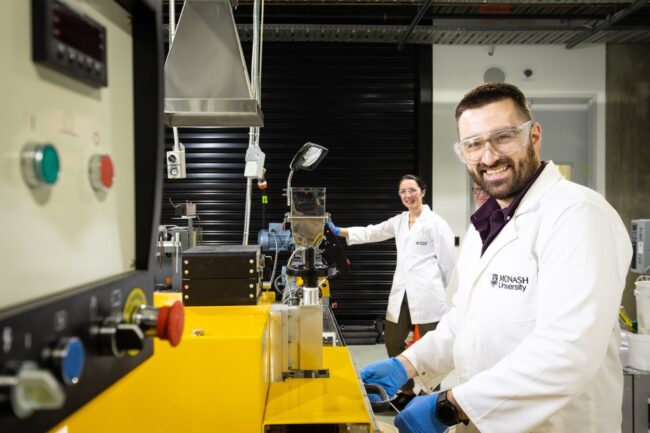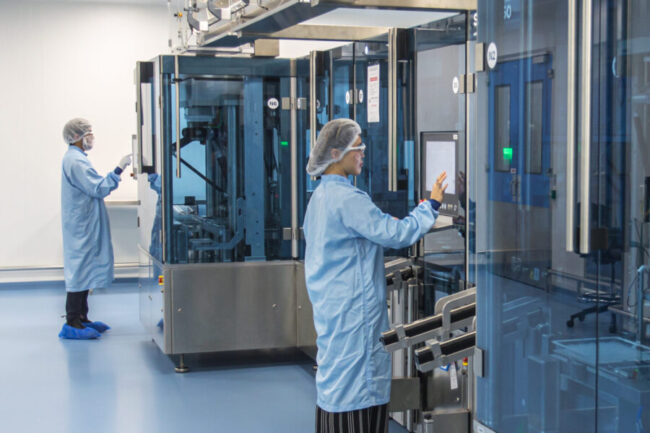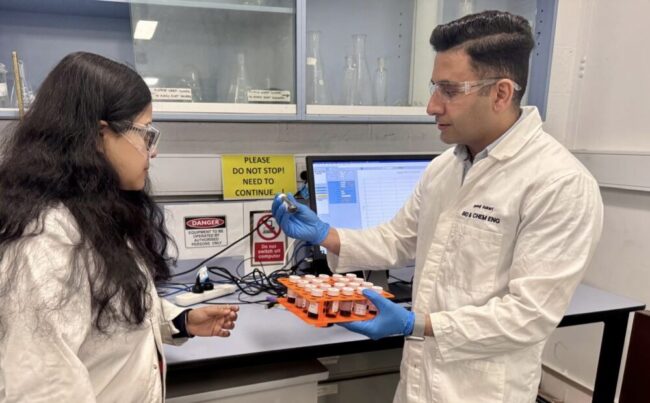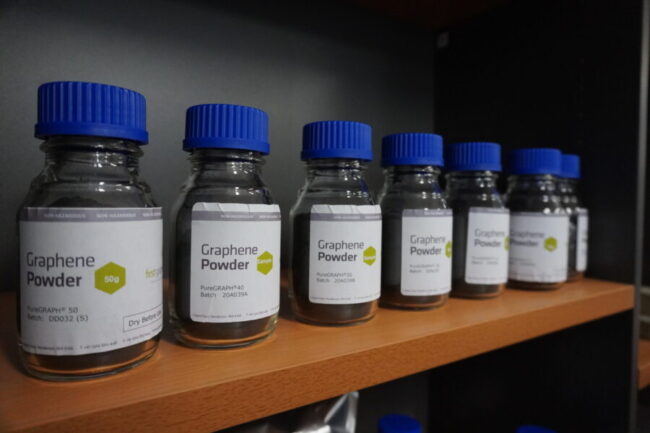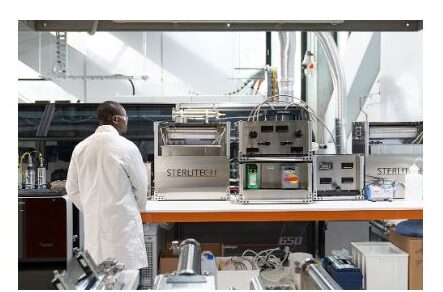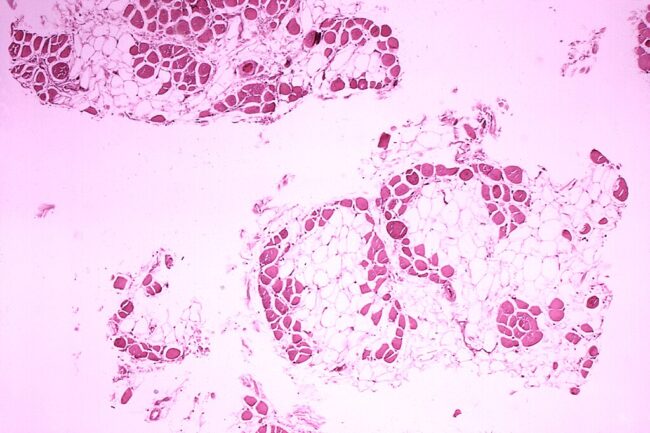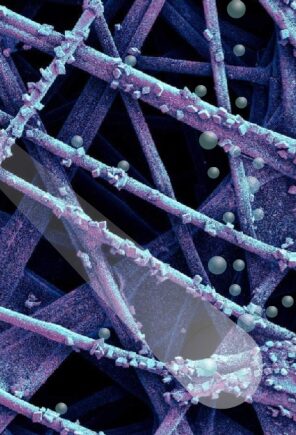Manufacturing news briefs — stories you might have missed
Micro-X wins $3.3 million Malaysian order Lightweight X-ray technology company Micro-X has announced a government purchase order placed by the Malaysian government with distributor Integrated Medical System Sdn Bhd (IMS) for Rover Plus Mobile DR X-ray units. According to a statement made on Friday, delivery of the units will begin this month, and represents a…



